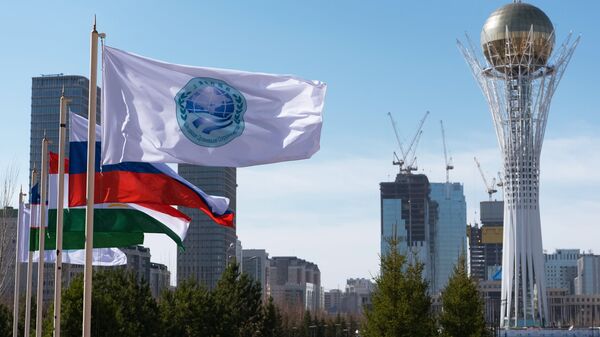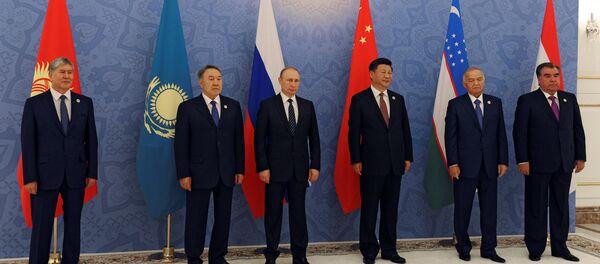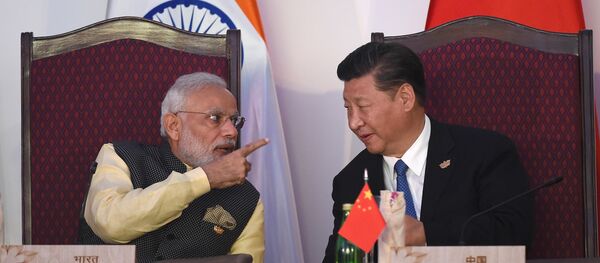"For the development of the economies of the SCO countries, it is advisable to talk about the need to form a system of national rating agencies and a single rating platform for the countries of the organization. It will allow to take into account the national specifics and increase the objectivity when evaluating our projects, create an alternative to the ratings of leading Western rating agencies," Katyrin said, as quoted in the CCI press service.
According to Katyrin, the projects within the SCO need financial support, and credit ratings will be used to make appropriate investment decisions.
"We need a clear and honest rating, politically unbiased, not subject to the influence of a volatile political situation, which we have already faced in the recent past," Katyrin, who chairs Russia's part of the Business Council, said.
The rules of many institutional and private investment mechanisms prescribe them to invest in the companies with a certain rating assigned by all agencies of the "Big three," so companies eager to widen the pool of potential investors have to fully comply with those requirements. So far, all efforts of non-US credit agencies to gain universal recognition were relatively unsuccessful.
The SCO summit started in Astana on Thursday. On the eve of the summit, a meeting of the Board of the SCO Business Council was held to discuss strengthening its own economic potential and implementing long-term development strategies. A separate session was devoted to the expansion of trade, economic and investment cooperation within the SCO.
The SCO is an international organization founded in 2001 by the leaders of Russia, China, Kazakhstan, Kyrgyzstan, Tajikistan and Uzbekistan. In June 2016, at the summit in Uzbekistan, memorandums of accession to the organization of India and Pakistan were signed. At the SCO summit in Astana, India and Pakistan will become full members of the organization.




